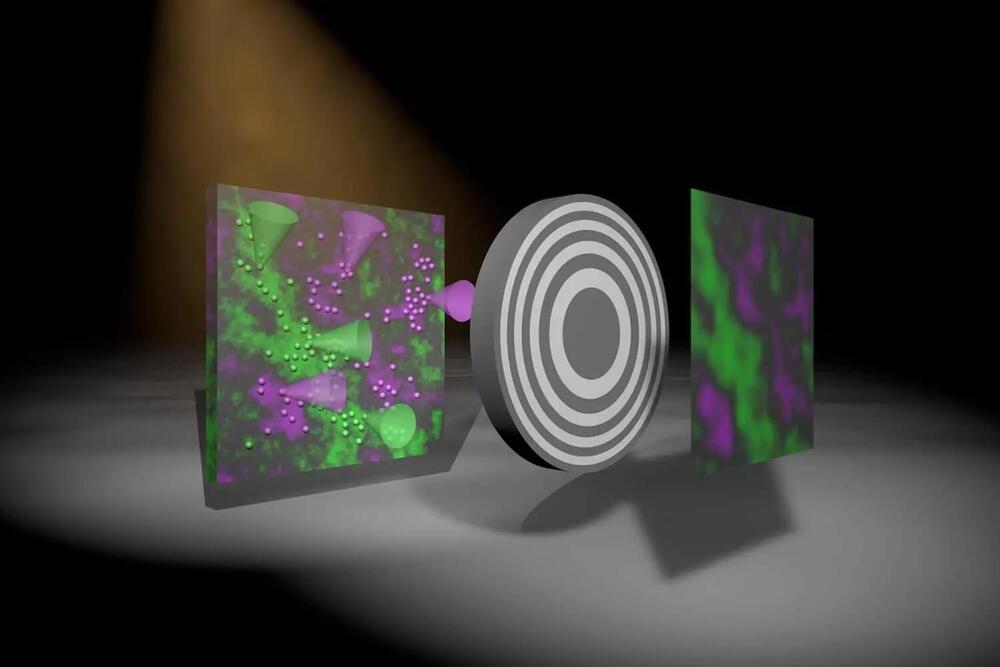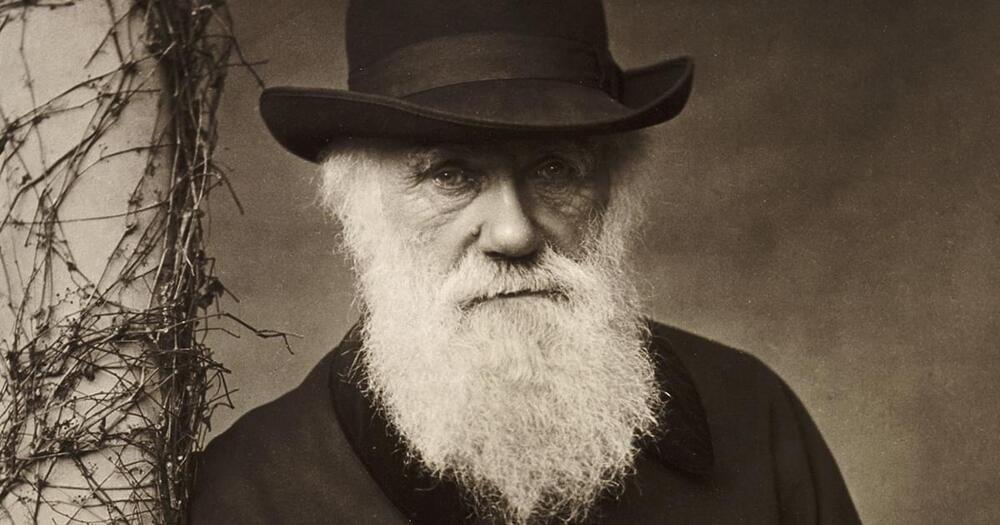The first time a language model was used to synthesize human proteins.
Of late, AI models are really flexing their muscles. We have recently seen how ChatGPT has become a poster child for platforms that comprehend human languages. Now a team of researchers has tested a language model to create amino acid sequences, showcasing abilities to replicate human biology and evolution.
The language model, which is named ProGen, is capable of generating protein sequences with a certain degree of control. The result was achieved by training the model to learn the composition of proteins. The experiment marks the first time a language model was used to synthesize human proteins.
A study regarding the research was published in the journal *Nature Biotechnology Thursday. *The project was a combined effort from researchers at the University of California-San Francisco and the University of California-Berkeley and Salesforce Research, which is a science arm of a software company based in San Fransisco.
## The significance of using a language model
Researchers say that a language model was used for its ability to generate protein sequences with a predictable function across large protein families, akin to generating grammatically and semantically correct natural language sentences on diverse topics.
“In the same way that words are strung together one-by-one to form text sentences, amino acids are strung together one-by-one to make proteins,” Nikhil Naik, the Director of AI Research at Salesforce Research, told *Motherboard*. The team applied “neural language modeling to proteins for generating realistic, yet novel protein sequences.”



